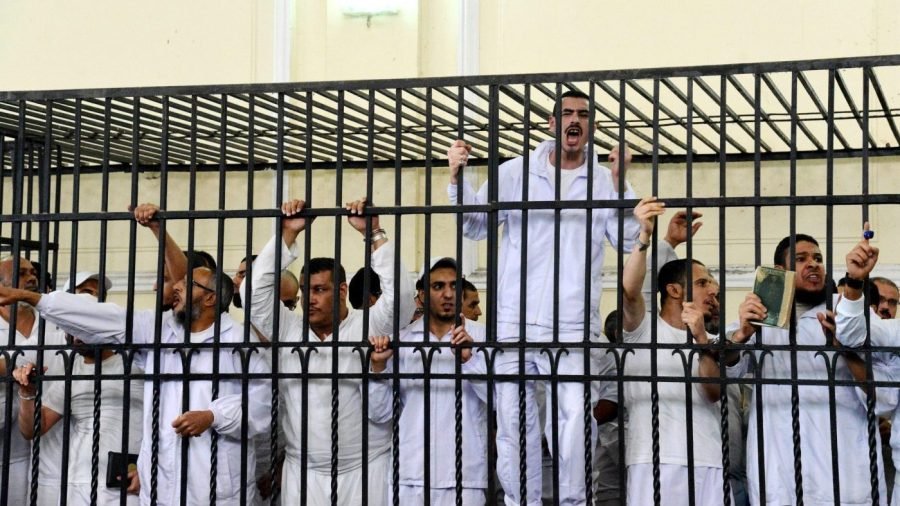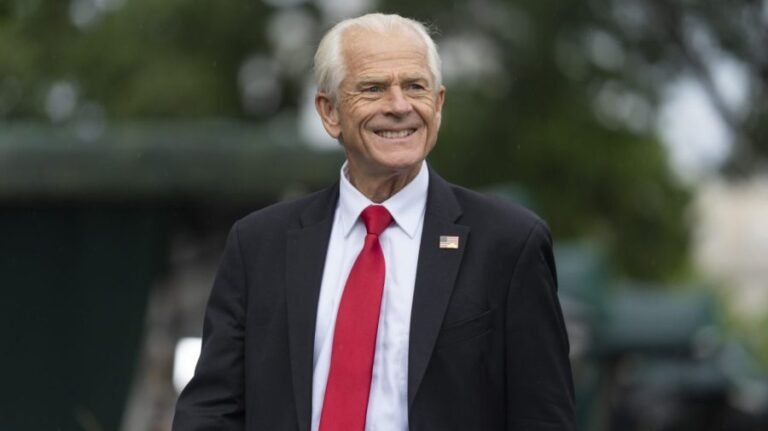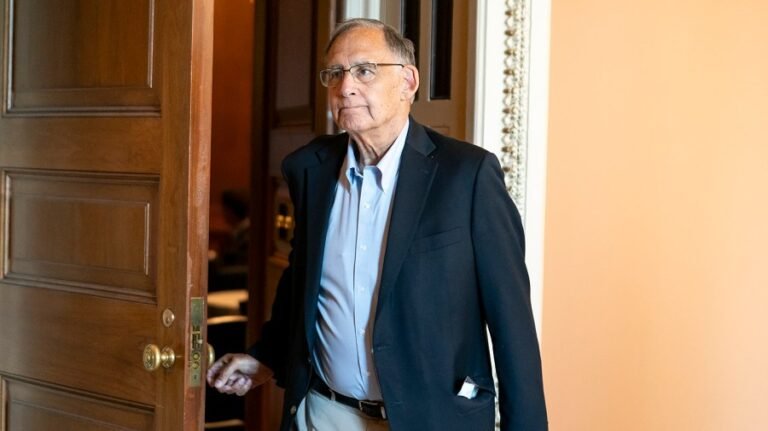
The Muslim Brotherhood Terrorist Designation Act of 2025 was introduced last week by six Republican senators, and in the House by by Rep. Mario Díaz-Balart (R-Fla.) and Rep. Jared Moskowitz (D-Fla.), co-chairs of the Friends of Egypt Caucus.
The bill, which seeks to designate the Muslim Brotherhood as a terrorist group, updates one that Sen. Ted Cruz (R-Texas) first introduced in 2015 and repeatedly since. This time, he has been joined by Republican Senate colleagues Ashley Moody (R-Fla.), Tom Cotton (R-Ark.), John Boozman (R-Ark.), Rick Scott (R-Fla.) and Dave McCormick (R-Pa.).
As McCormick told me, the “Hamas Terrorists … proudly call themselves ‘one of the wings of the Muslim Brotherhood’ … which has aided and abetted some of the worst actors in the world for decades.” Indeed, the U.S. has considered Hamas a Foreign Terrorist Organization since October 1997.
The findings in the bill include the statement that “Muslim Brotherhood branches have sought to destabilize and undermine United States allies and partners throughout the Middle East, including in Bahrain, Egypt, Jordan, Saudi Arabia, and the United Arab Emirates, and have been outlawed as a terrorist group by the governments of those countries.”
Indeed, the U.S. would hardly be the first nation to label the Muslim Brotherhood a terrorist group. The Egyptian government under the rule of King Farouk banned the Islamist organization in 1948. When he rose to power in 1954, Gamal Abdel Nasser again banned the Brotherhood after he asserted that one of its members had attempted to assassinate him.
Syria’s Assad regime likewise banned the Brotherhood in 1980, meting out the death penalty for membership. Syria’s new government, led by the former jihadist Ahmed al-Sharaa, has retained both the ban and the penalty of capital punishment for Brotherhood membership.
More recently, America’s closest regional allies have followed Syria’s lead. These include Bahrain, home to the American Fifth Fleet; Saudi Arabia and the United Arab Emirates, both of which host U.S. military bases; and Egypt, home to the Navy’s Medical Research Unit Three, the region’s largest biomedical research laboratory.
Egypt outlawed the Brotherhood in 2013, following the chaotic presidency of the Brotherhood’s Mohamed Morsi and the accession of President Abdel Fattah el-Sisi. The following year, Saudi Arabia, Bahrain and the UAE all outlawed the organization; the last of these did so after claiming that its affiliates had tried to overthrow the government.
Most recently, Jordan, also home to U.S. military bases, designated the Brotherhood as an illegal organization on April 23, believing that the Brotherhood had been trying to overthrow the Hashemite regime beginning in 2021. The government unearthed the plot two years later and it arrested 16 members of the Brotherhood, leading to the ban.
Critics of Cruz’s previous efforts to declare the Brotherhood a terrorist organization have argued that his legislation would prompt Islamophobia in the U.S. That argument falls flat in light of the several Arab states that have already banned the group.
It is true that many of the organizations that support the legislation can be identified as proponents of Israel, whose creation the Brotherhood actively opposed. Brotherhood fighters participated in the 1948 war against the fledgling Jewish State, and its Hamas affiliate does so today.
Nevertheless, when Egypt and Syria first banned the Brotherhood, they were both bitter enemies of Israel. The Gulf countries that followed suit in 2014 likewise did not have relations with Israel at the time that they outlawed the group. Clearly, their actions were driven by their concern for internal stability and regime protection, rather than any particular sympathy for Israel.
It is noteworthy that Russia — hardly a friend of the U.S. or for that matter Israel — has also banned the Brotherhood. And France, a vehement critic of Israel’s operation in Gaza, has imposed restrictions on the organization that fall just short of an outright ban.
It is therefore high time that the White House follow the lead of its Arab allies and support the congressional initiative to designate the Muslim Brotherhood as the terrorist organization that it is. Indeed, doing so would be consistent with the overall policy of the Trump administration. Trump has no love for Hamas and more than anything else seeks to foster stability in the Middle East, if only to begin to extricate the U.S. from that tempestuous region.
Dov S. Zakheim is a senior adviser at the Center for Strategic and International Studies and vice chairman of the board for the Foreign Policy Research Institute. He was undersecretary of Defense (comptroller) and chief financial officer for the Department of Defense from 2001 to 2004 and a deputy undersecretary of Defense from 1985 to 1987.


